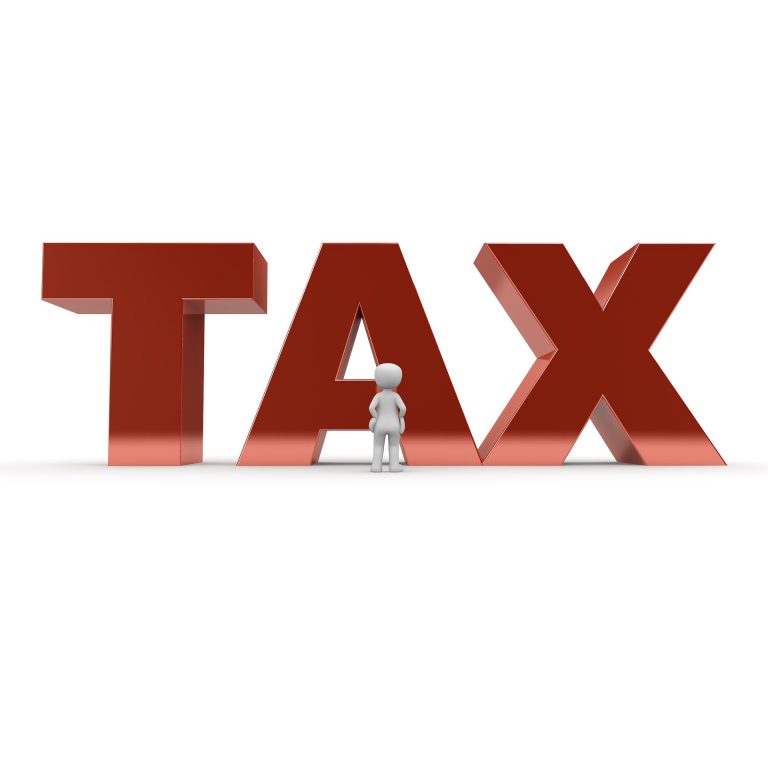MORE TAX FROM THE ONLINE WORLD

On 2nd June 2020, the Cabinet Secretary for National Treasury and Planning Published Draft Value Added Tax (Digital Marketplace Supply) Regulations, 2020 for public review and comment. The draft Regulations are to give effect to the VAT Act as amended by the Finance Act, 2019 providing for levying of VAT on services rendered in the ‘digital market place’.
As per a notice published by KRA, comments and reviews relating to the regulations should be emailed to stakeholder.engagement@kra.go.ke by Monday 15th June 2020. Public comments will facilitate the review and finalization of the Regulations.
Key Highlights
The draft regulation has a definitions section outlining the meaning of various terms. Key definitions include:
· “digital marketplace supply” defined as any supply of a service made over a platform that enables the direct interaction between buyers and sellers of services through electronic means;
· “digital marketplace” has the meaning assigned to it in the Act;
· “export country” defined as any country other than Kenya and includes any place, which is not situated in Kenya.
· “intermediary” defined as any person who facilitates the supply of services through the digital marketplace and who is responsible for issuing invoices and collecting payments for the supply
The draft regulations provide that Value Added Tax shall be charged on taxable services supplied in Kenya through digital marketplace.
What are taxable supplies?
Taxable supplies made through a digital marketplace shall include electronic services under Section 8(3) of the Act and: –
a) Downloadable digital content including downloading of mobile applications, e-books and movies;
b) Subscription-based media including news, magazines, journals, streaming of TV shows and music, podcasts and online gaming;
c) Software programs including downloading of software, drivers, website filters and firewalls;
d) Electronic data management including website hosting, online data warehousing, file-sharing and cloud storage services;
e) Supply of music, films and games;
f) Supply of search-engine and automated helpdesk services including supply of customized search-engine services;
g) Tickets bought for live events, theaters, restaurants etc. purchased through the internet;
h) Supply of distance teaching via pre-recorded medium or e-learning including supply of online courses and training;
i) Supply of digital content for listening, viewing or playing on any audio, visual or digital media;
j) Supply of services on online marketplaces that links the supplier to the recipient, including transport hailing platforms;
k) Any other digital marketplace supply as may be determined by the Commissioner.
Potential Impact of Regulations
· Possibility of VAT on digital services rendered in Kenya
From the foregoing, the cost of doing business within the COVID period may go up. Most services have moved online and the regulations aim to ensure VAT is charged on services rendered online Should the regulations pass; the current applicable VAT rate is 14%.
· Requirement to register under Simplified VAT Registration framework
Non-resident companies/business providers whose services may be affected by the regulations would be required to register under the simplified VAT framework provided under the draft regulation.
Registration will take place online and returns filed on a monthly basis.
· Submission of records to KRA
The draft regulations require suppliers from outside Kenya to submit to KRA a record of all supplies made in Kenya indicating the value of the supplies made online and the VAT deducted.
· Restriction on access of digital market place in Kenya
Should the regulations be adopted, a failure to comply with the charge of VAT, submission of records and remission of VAT to KRA could result in a restriction of access to the digital market place in Kenya. Restrictions are to be lifted after compliance.
At this point, it is not clear exactly how ‘restriction’ will be achieved but owing to the use of ‘internet proxy addresses’ as part of the criteria for determining place of supply under the draft Regulations, restriction measures may involve restriction of access to relevant internet proxy addresses or a temporary public ban on service provision as done by other regulators like Central Bank/Parliament.
Further, the Tax Amendment Act 2020, made provision for Banks to be appointed as Tax Collection Agents by KRA. This may be part of the enforcement measures adopted to ensure compliance, should the regulations pass.
Where Do We Go from Here?
Currently, the proposed regulations are at draft stage and open for public comments until 15th June 2020.
Once the regulations are reviewed in line with public participation and National Treasury is satisfied, the regulations will have to go to Parliament for adoption by the Delegated Legislation Committee. The Regulations may be subject to public participation once more while in Parliament before coming into effect.

